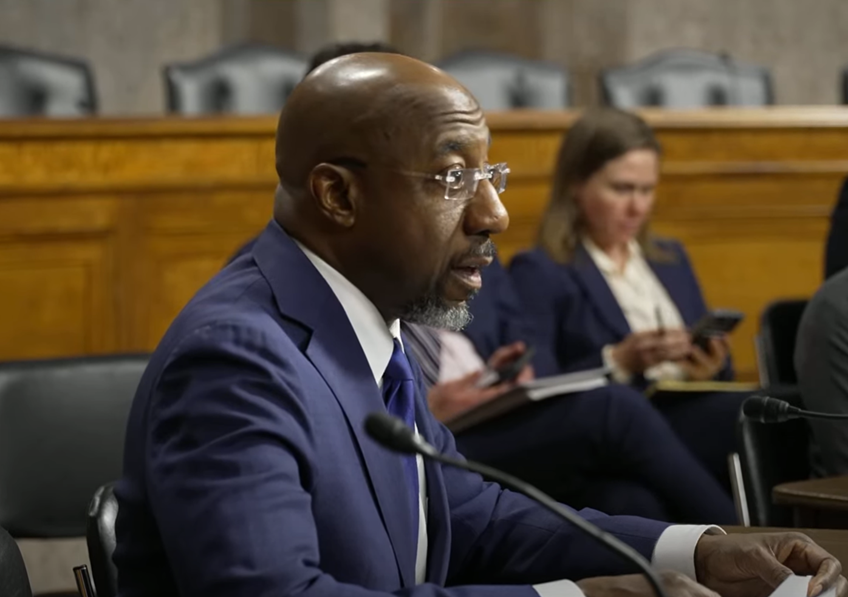
Caption
Georgia U.S. Senator Raphael Warnock pictured at the Senate Banking Subcommittee on Financial Institutions and Consumer Protection on February 26, 2025, to highlight the importance of the Consumer Financial Protection Bureau.
Credit: Senator Raphael Warnock

